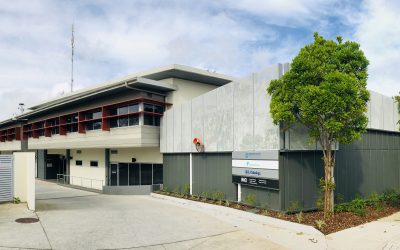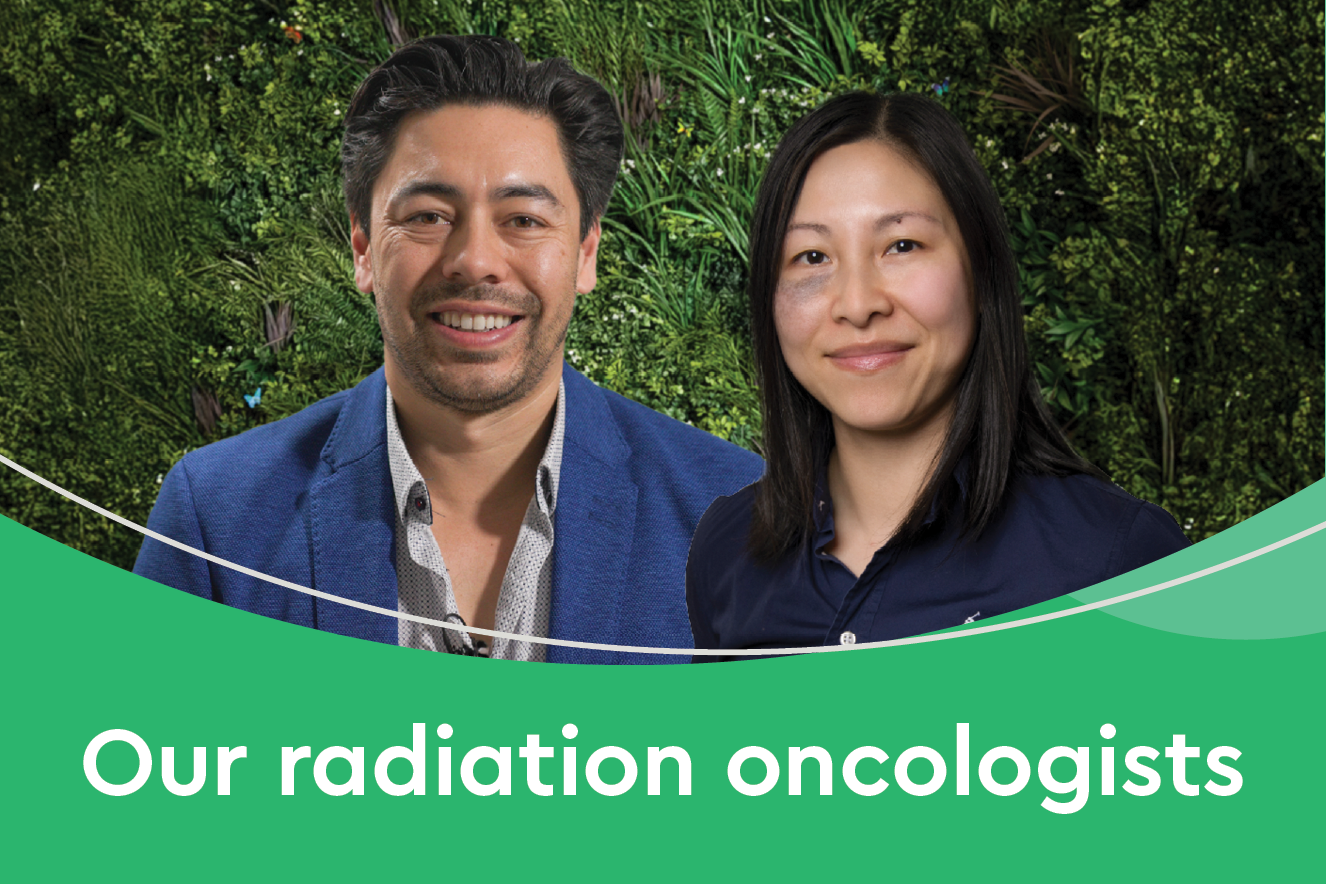- Our centres
- Buderim (Sunshine Coast)

Buderim (Sunshine Coast)
Overview
Treatment available
Nearby centres
GenesisCare Buderim offers access to evidence-based cancer care services including radiation therapy and allied health support.
The GenesisCare centre in Buderim is co-located at the Sunshine Coast Haematology and Oncology Centre (SCHOC), and the team is dedicated to offering personalised treatments delivered in a multidisciplinary care environment.
The radiation therapy treatment facilities are located on the ground floor, and consult rooms are on level 1 at the Sunshine Coast Haematology and Oncology Centre (SCHOC).
There are two treatment centres on the Sunshine Coast, at Buderim and Noosa.
Patient care is managed by a team of passionate healthcare professionals with experience in oncology including: radiation oncologists, registered nurses, radiation therapists, physicists, and a dedicated team of support staff.
The team at GenesisCare Buderim aim to offer rapid access to consultation and treatment, delivered using modern radiation therapy technology.
Our treatments and services
Radiation therapy uses high energy X-rays or other particles to treat cancer and can be used at all stages. Radiation therapy techniques can include: Intensity Modulated Radiation Therapy (IMRT), Volumetric Modulated Arc Therapy (VMAT), Deep Inspiration Breath Hold (DIBH), Stereotactic Radiosurgery (SRS), Stereotactic Ablative Body Radiotherapy (SABR), Image Guided Radiation Therapy (IGRT), and specialised non-surgical treatment for skin cancer.
Allied Health Services (via SCHOC)
At GenesisCare, Buderim we offer you access to a range of Allied health services, all tailored to support your needs. Your doctor may recommend one or more of the allied health services offered at SCHOC as part of your treatment. One of our treatment team will discuss the most suitable options with you. Support services offered may include:
- McGrath breast care nurse
- Exercise physiologist (with gym)
- Dietitian
- Oncology massage therapist
- Clinical Psychologist
One of the services built into the personalised care plan for breast cancer patients at our Buderim centre is the opportunity to meet with Jean Kelly, our Breast Care Nurse who is passionate about offering wellbeing and post treatment support. Jean is able to help develop a personalised Wellness Care Plan, aiming to help navigate and manage patient health post treatment. An appointment to see Jean will be made 3-6 weeks after radiation therapy treatment has completed.
>> Learn more
Considerable research and clinical evidence has established that exercise may be beneficial for people with cancer; however, there is no one-size-fits-all approach.1,2 Every person’s circumstances are unique and these should be take into account. Tailored exercise programs designed by an exercise professional that include both aerobic and resistance training activities have been shown to provide benefits.3 To learn more about incorporating exercise during your cancer journey, please speak with your doctor and treatment team.
Free onsite parking at 10 King Street.
Translink bus route 616 or 617 from Maroochydore will allow for public transport access to the department. Alight the bus at Buderim Mountain Primary School on main street and the department is a 5min walk either along King Street or through Buderim Village Park.
- Campbell KL, Winters-Stone KM, Wiskemann J, et al. Exercise guidelines for cancer survivors: Consensus statement from international multidisciplinary roundtable. Med Sci Sports Exerc 2019;51(11):2375–2390.
- Hayes SC, Newton RU, Spence RR, et al. The Exercise and Sports Science Australia position statement: Exercise medicine in cancer management. J Sci Med Sport 2019;22(11):1175–1199.
- Buffart LM, Kalter J, Sweegers MG, et al. Effects and moderators of exercise on quality of life and physical function in patients with cancer: An individual patient data meta-analysis of 34 RCTs. Cancer Treat Rev 2017;52:91–104.
Disclaimer:
This website is provided for information purposes only. Nothing on this website is intended to be used as medical advice, or to diagnose, treat, cure or prevent any disease. It should not be used as a substitute for your own health professional's advice. Any medical procedure or treatment carries risks. Before proceeding with treatment, you should discuss the risks and benefits of the treatment with an appropriately qualified health practitioner. Individual treatment outcomes and experiences will vary.



